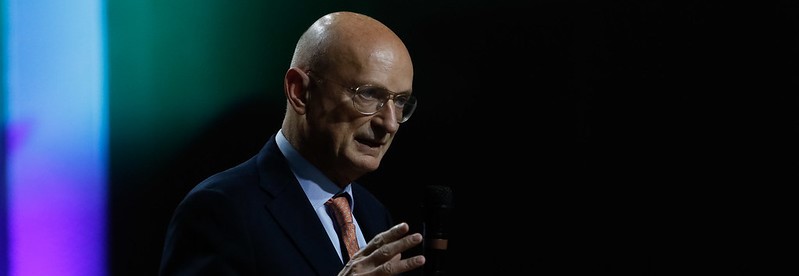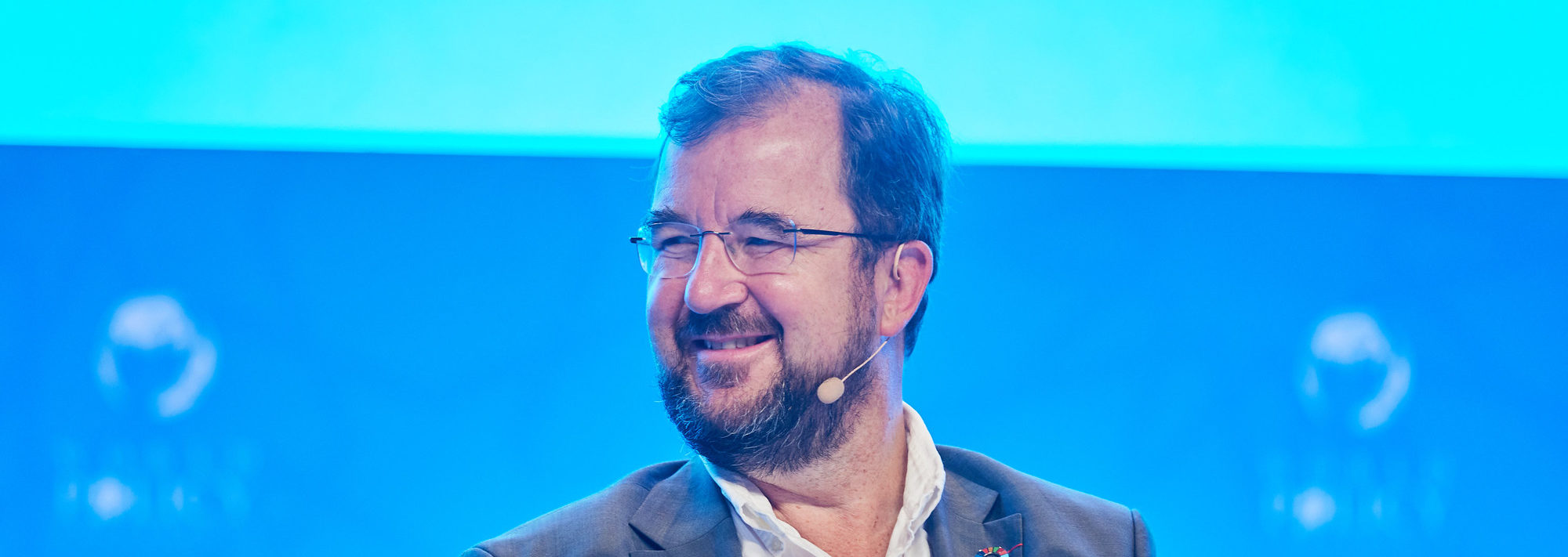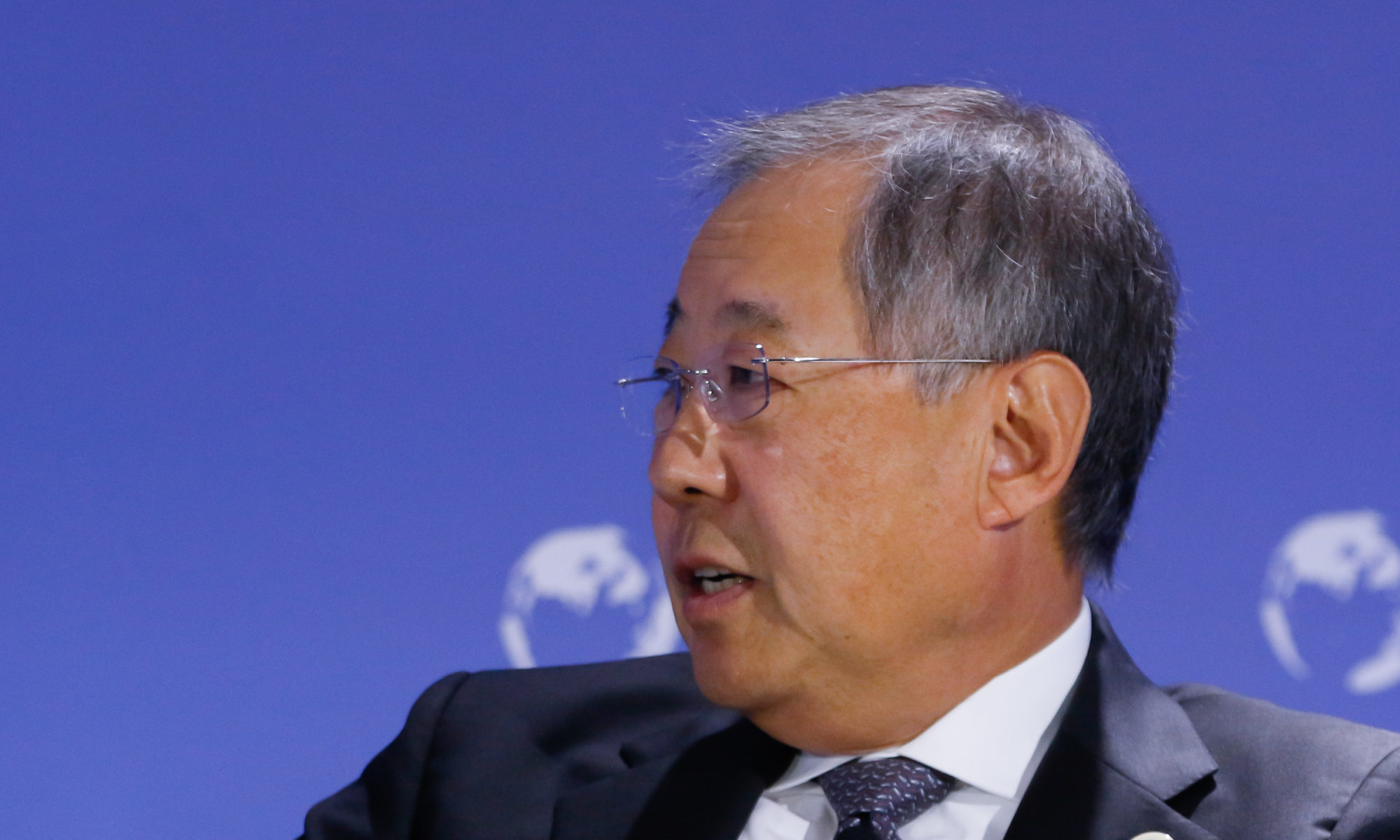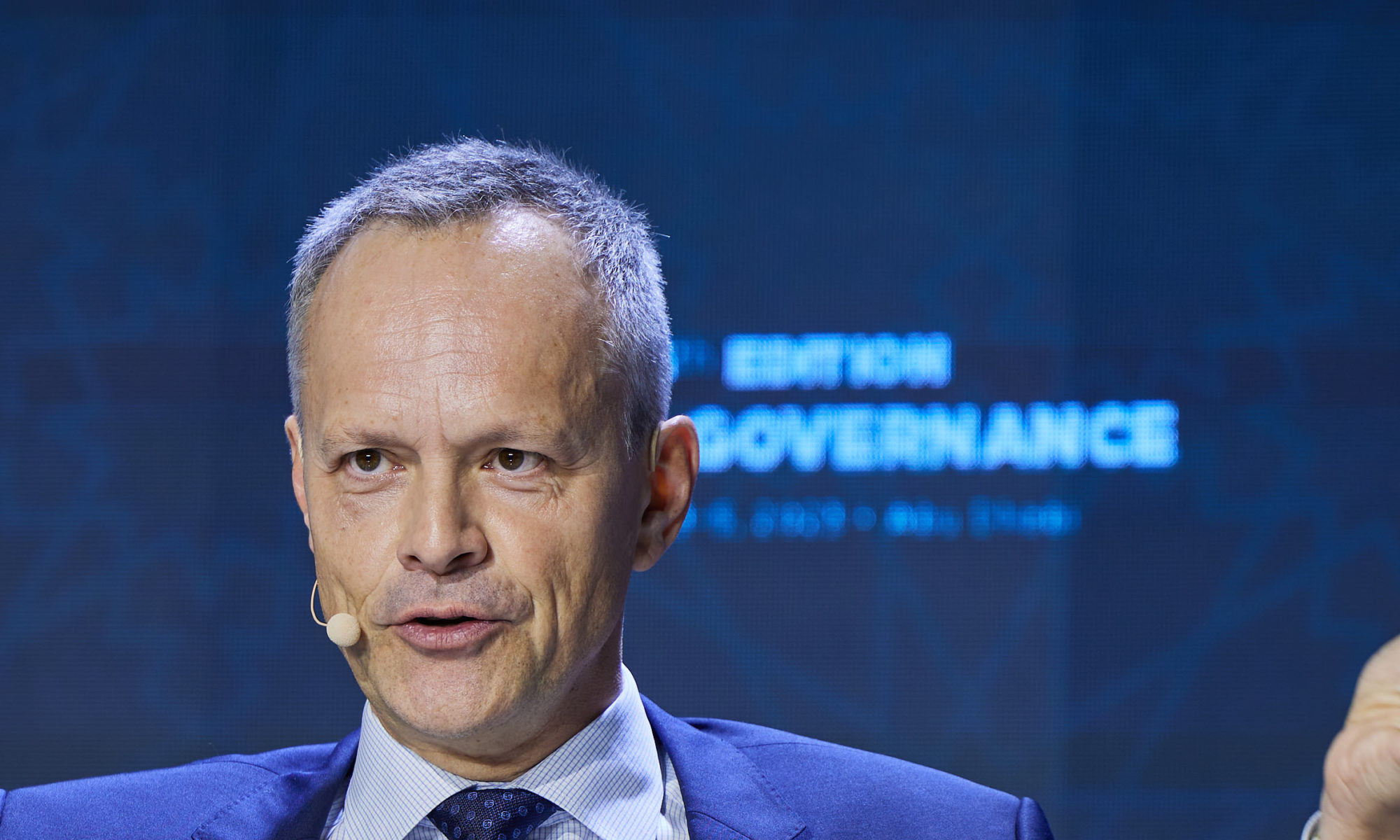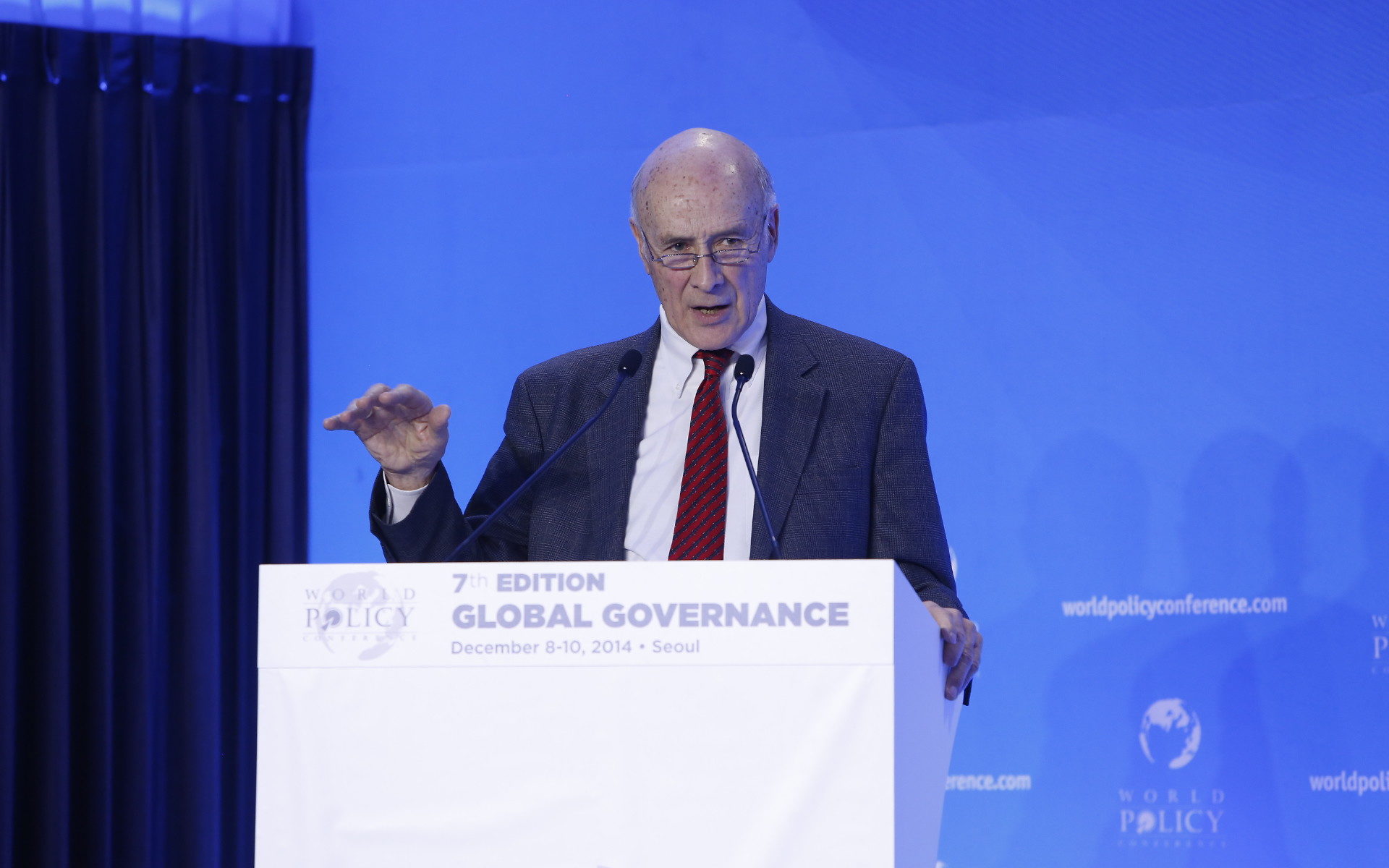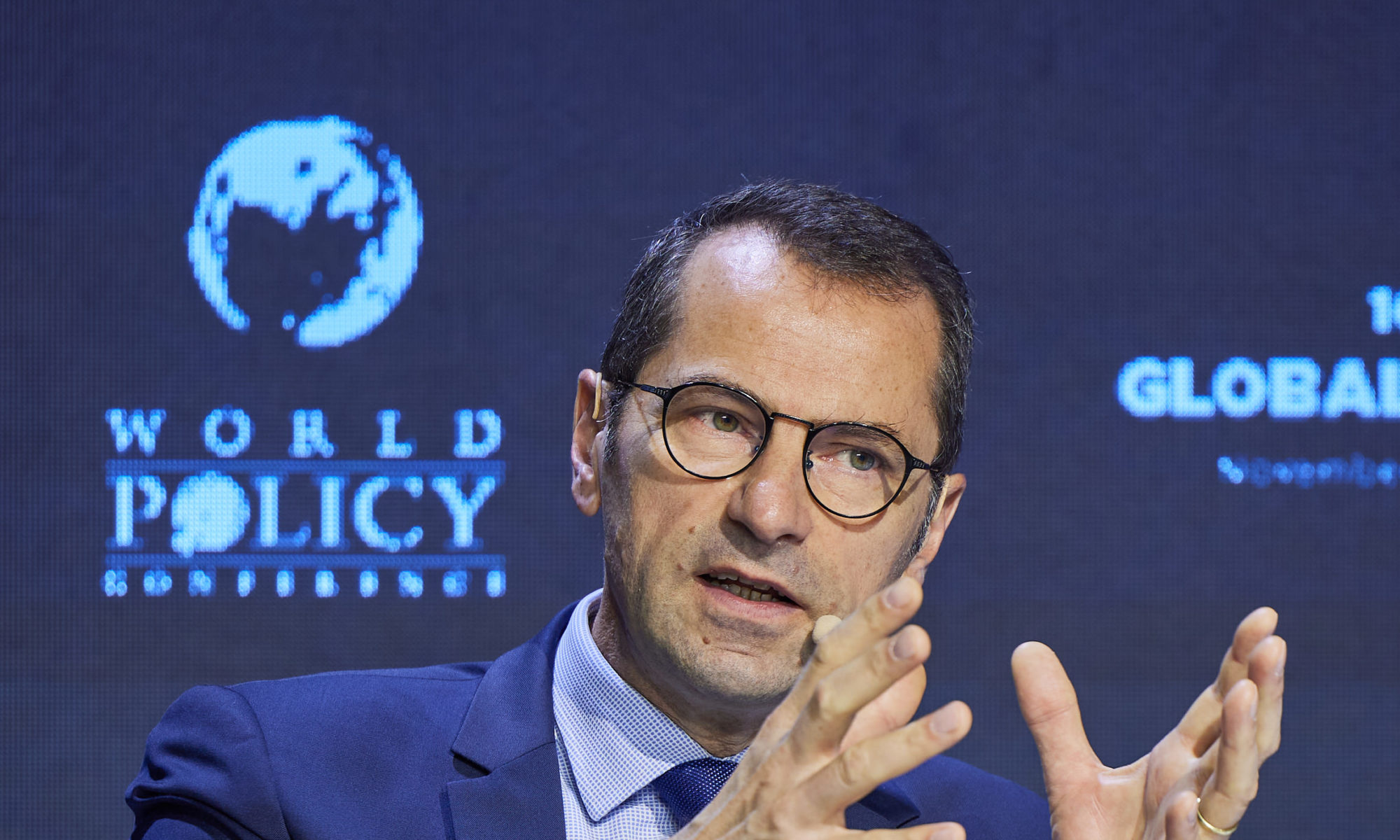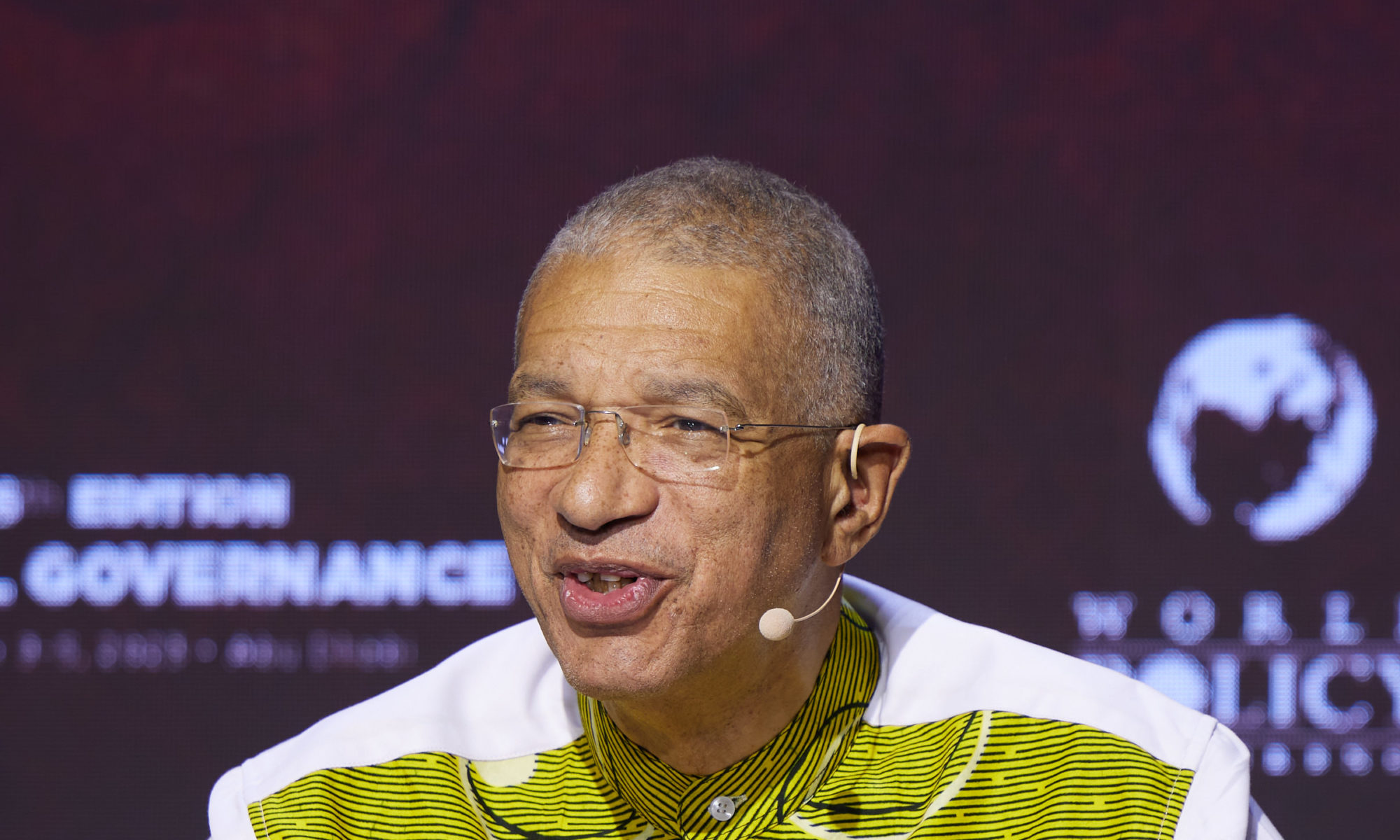Germany’s protests against government incompetence reflect Europe’s broader frustration with political leadership.
2024 began with a significant and necessary movement in Germany. Farmers, backed by other self-employed workers and part of the transportation sector, initiated nationwide protests against the government. They blocked roads, brought hundreds of tractors to Berlin and engaged in various other forms of protest.
Germany, being the largest European economy, plays a pivotal role on the continent, and its activities often have a considerable impact on the rest of Europe. It is also a country where the population traditionally complies with the law.
Addressing Chancellor Merkel’s legacy
The German government has unexpectedly faced an additional budget shortfall of 60 billion euros. To address this, Berlin increased the diesel tax for agricultural machinery, generating a total of 17 billion euros. Since the sale prices of agricultural products are politically regulated, farmers are unable to pass these additional costs on to consumers.
Throughout Chancellor Merkel’s 16-year tenure, the German government committed several critical policy errors: they overlooked the maintenance of infrastructure, implemented a misguided immigration policy, pursued a detrimental energy strategy that increased reliance on Russia, neglected defense needs and eroded the core identity of Ms. Merkel’s own Christian Democratic party. The current ruling coalition – the Social Democrats, the Liberals and the Greens – is now ineptly grappling with those challenges.
Despite having plenty of reasons for dissent, the German population remained largely compliant due to their cultural propensity for adhering to rules. Furthermore, Chancellor Merkel was adept at shaping public opinion, effectively portraying periods of stagnation and decline as if they were stability.
In a democracy, it is the citizens’ duty to resist when governments infringe upon their rights and freedoms.
But now citizens have had enough, and this shift in sentiment is critical for Europe as a whole. People demand honest strategies, not merely feel-good leftist policies that are costly for the people. This sentiment is evident in many countries; President Macron in France even felt compelled to reshuffle his government as a response.
Germany is not just Europe’s largest economy; its current state reflects a broader European mood of frustration and disenchantment with the political class.
There is an urgent need for people to make their voices heard. Given the excessive and often irrational regulatory environment, a certain level of civil disobedience looks increasingly necessary.
Chancellor Merkel was successful in conveying the message that she held Europe together. However, this was achieved without a clear strategy, relying instead on makeshift political solutions that could be costly in the long run. Her era was marked by the ability to present a facade of stability amid stagnation and decline.
The European Union, initially established as the guardian of a deregulated internal market, was and still is immensely beneficial for the continent. Up until the first decade of this century, it excelled in reducing government intervention in the economy and promoting competition. This led to significant economic and social achievements and united European countries, later including Central European nations that had broken free from Soviet control. Unfortunately, over time, a rise in technocracy transformed the member states and the Union into heavily regulated entities. Today, the EU proudly calls itself a regulatory superpower, but many of these regulations are overly complex and not fully considered, adversely affecting the bloc’s competitiveness.
The outcomes of these policies are alarming: staggering deficits and debts, overly complex tax systems and declining productivity, all worsened by increasing compliance costs. Burdensome requirements such as supply chain reporting, upcoming ESG reporting obligations, the Digital Act and other similar measures heavily impede productivity and innovation.
The political establishment in self-proclaimed liberal democracies often undemocratically labels any form of protest as right-wing extremism. Not surprisingly, the arrogance and illiberal intolerance of the political elite and resulting public frustrations have fueled the rise of protest parties. The establishment attempts to marginalize these groups and portrays them as threats to democracy. But the real cause for concern is when democracies meet protests with intolerance.
Moreover, it has become common for anyone criticizing the EU to be quickly branded as anti-European or euroskeptic. This approach is akin to authoritarianism and counterproductive. By this standard, the entire French population would be considered anti-French, given how often they criticize their government.
The EU desperately needs deregulation and a reestablishment of the internal market. Unfortunately, the Covid-19 pandemic and the emphasis on accelerating the green transition have led member states, particularly France and Germany, to increasingly subsidize their economies, contravening the principles of the internal market. The reluctance of the political elite to embrace change necessitates protests and a certain degree of civil disobedience as catalysts for reform. This will help parties like the Christian Democrats, Conservatives and Liberals return to their foundational principles of entrepreneurship, free markets and fiscal discipline.
Strengthening Europe’s role as a global player
When it comes to foreign and security policy, Brussels is noticeably absent. A lack of coordination and commitment among European governments has marginalized Europe in global security affairs.
The war in Ukraine should serve as a wake-up call to the need for a robust defense strategy. This can only be achieved through a coalition of major states, including the United Kingdom, Germany, France, Poland and Italy. Despite German Chancellor Olaf Scholz declaring a turning point in defense efforts nearly two years ago, little progress has been made. Nevertheless, Germany remains a key player in establishing a credible European defense.
Prospects for EU enlargement are limited. Despite high hopes for Ukraine and Moldova, significant developments are unlikely. The rebuilding of war-torn regions like Ukraine will be a major challenge but also presents an opportunity for Europe, especially if free trade agreements are established. This could potentially occur regardless of EU membership.
Europe’s relationship with Africa is another complex area needing reevaluation. Africa, often perceived as poor and corrupt, is a continent with great potential. European development policies in Africa have largely been unsuccessful. Africa requires active European business engagement and access to the European market. Current European legislation imposes stringent standards on businesses operating in Africa, including extended responsibilities to their suppliers, which makes it difficult for European businesses to operate effectively.
Additionally, there is a lack of adequate investment protection. To foster development, supply chain standards need to be more realistic, and European foreign policy should focus on investment protection and trade. Lowering the EU’s regulatory barriers would facilitate greater access for African products to the internal market.
Europe’s global role is also affected by its internal challenges. Political issues in Europe are often reduced to mere technicalities within institutions. However, a broader change in attitude is required, encompassing more openness, tolerance and less moralizing arrogance. The frequent suppression of debates and the “cancellation” of ideas and opinions, often justified as defending democracy or avoiding offense, hinders progress. Europe needs to return to a more pragmatic approach to politics, which requires more knowledge, experience and courage, rather than a superficial adherence to values.
The current political and technocratic establishment in Europe is unlikely to break free from its self-destructive patterns. However, change is possible, as shown by the recent protests. These movements might lead to much-needed reforms.
The largest Christian Democratic Party in Europe, influenced by Angela Merkel’s push for more leftist policies, has declined. However, there are signs of a return to more conservative principles. The Social Democrats need to recognize that the working population has evolved into a middle class and adapt its outlook accordingly. They have to move away from class struggle and “wokeism” and toward addressing middle-class interests. Chancellor Scholz’s party and its coalition partners should focus on sound politics rather than trying to outlaw – against all democratic principles – a rival party, which, according to surveys, has nearly twice as much support as the Social Democrats in some regions.
Over the last 20 years, European democracies have gravitated toward increasingly intolerant technocracies, yet continue to self-identify as liberal democracies. This paradoxical situation has created a breeding ground for protest parties and even radical movements. Personal and economic freedom, self-responsibility, market economy and entrepreneurship are being increasingly constrained.
In a democracy, it is the citizens’ duty to resist when governments infringe upon their rights and freedoms. Therefore, when political institutions become overly technocratic, protests and civil disobedience become not just options, but necessities. By being blindly obedient and compliant, the people betray the principles of democracy and freedom and become subjects.
The fundamental duty of political leadership in democracies is to ensure internal and external security and to protect the freedom and prosperity of the citizens. This requires accountable and competent politicians who understand the population and the economy. Above all, it demands determination and courage from both politicians and citizens.
Read the article originally published on GIS
https://www.gisreportsonline.com/r/germany-protestts/

